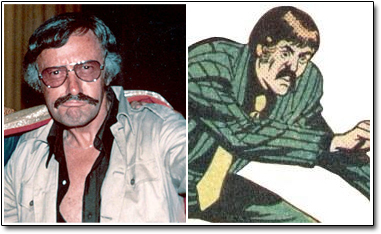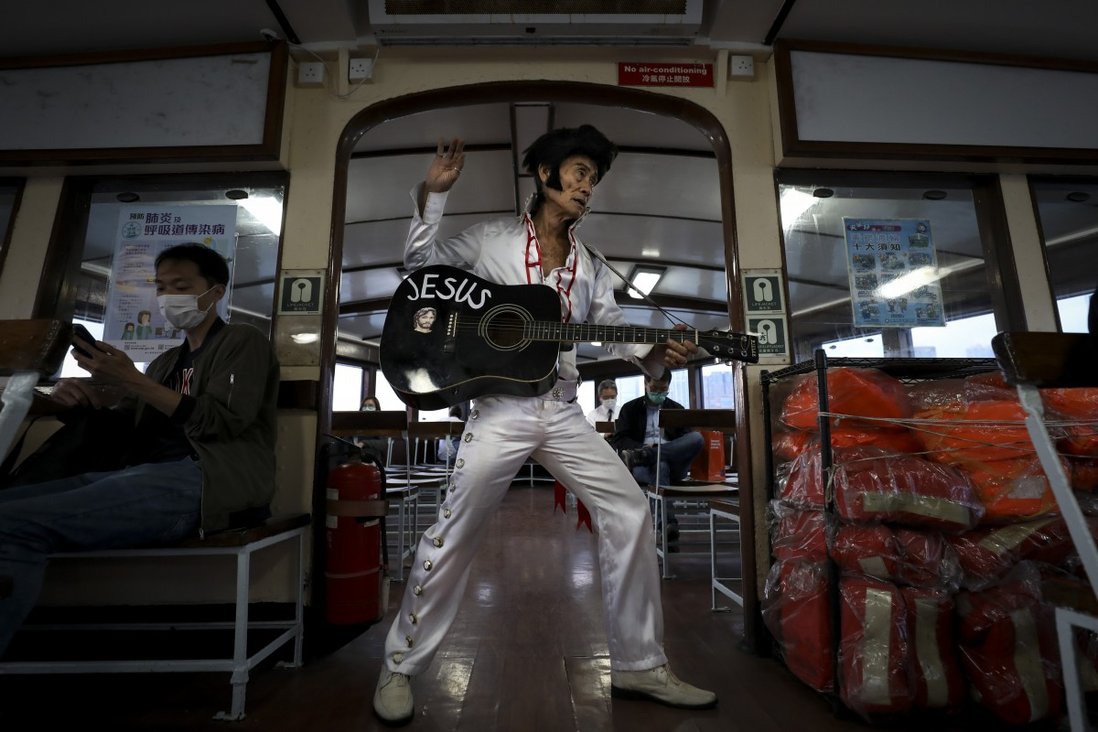My sister sent the family chat a D’var Torah, a holy word of teaching, this morning. She said it encapsulated many of her feelings in the last few weeks of sorrow and war. While I found the word of Torah quite beautiful and well written, I did find it to fall short in several ways to address what I feel is necessary to be said in this moment, namely, that what the Israeli government is doing in Gaza is a genocide, atrocious and unforgivable, and that we should all pray for and work towards a Free Palestine. I thought back on my own career of teaching Torah, which I have been fortunate to do in many communities, including my most recent synagogue, Minyan Dorshei Derekh as part of the Germantown Jewish Centre in Mt. Airy, Philadelphia, where I used to live. Here is a piece of Torah I felt was necessary to teach there when Gaza was bombed in May of 2021. I share it here, in hopes of showing what Torah can be learned when we open our hearts and minds to the liberation of all people, and refuse to benefit from the oppression of anyone.
Hello, good Shabbos. Thank you for allowing me once again to give the Dvar Torah here. I sometimes don’t take the time for Torah study that I should, and it always centers, calms and uplifts me when I do manage to take the time to read the Torah portion, think on it deeply, and bring back a reflection on it to my community here at Dorshei Derekh. And I’ve needed centering, calming and uplifting these last few weeks, as the state of Israel, which makes extensive claims to represent the people Israel, proceeds to violently destroy lives in Gaza until in the ominous terms of Defense Minister Benny Gantz, “There is complete quiet.”
If you’ll forgive me for working back to front, at the end of our Parasha, Nasso, there is a verse that confounds the Hebrew grammarians. וּבְבֹ֨א מֹשֶׁ֜ה אֶל־אֹ֣הֶל מוֹעֵד֮ לְדַבֵּ֣ר אִתּוֹ֒ וַיִּשְׁמַ֨ע אֶת־הַקּ֜וֹל מִדַּבֵּ֣ר אֵלָ֗יו מֵעַ֤ל הַכַּפֹּ֙רֶת֙ אֲשֶׁר֙ עַל־אֲרֹ֣ן הָעֵדֻ֔ת מִבֵּ֖ין שְׁנֵ֣י הַכְּרֻבִ֑ים וַיְדַבֵּ֖ר אֵלָֽיו׃. We have three uses of the root “diber” “to speak” here. The one that many of the commentators find puzzling is the middle מִדַּבֵּ֣ר. The vowel is not quite right, it should be ‘midaber eilav’ ‘Speaking to him’ not ‘meedaber eilav’ meaning . . . what exactly? The midrash comes in to say, read not meedaber, but mitdaber, a reflexive verb. Which raises the interesting, potentially mystical possibility that the voice that issues from between the cherubim on the arc of the covenant, the voice that Moshe hears, the Divine Voice . . . is talking to Itself. That God never addresses Moses, that the Eilav, to Whom God is speaking is God. That the commandments, the stories, the wisdom that flowed from the Divine to the Human is just an eavesdropping by a sneaky ape like creature. That God has addressed the Torah to Godself, and we are interlopers on a private conversation. Baruch Hashem, that is disproven by the very nature of Revelation at Sinai, the Revelation we celebrated last week, the fact that sometimes Truth thunders from a mountain, is transparent, is everywhere, is unavoidable.
So we know that God IS talking to Moshe, even if God addresses Godself. But is God talking to us? Rashi quotes a midrash that inside the tent of meeting, within the holy of holies, God’s voice is like thunder, as it was on the mountain. But just outside the boundaries of the Holy, just outside the curtain, if you were to listen in on Moshe and Hashem from a unsacred and profane space? You would hear nothing. There would be, to quote Benny Gantz, “Complete Quiet”
There is a truth we are not hearing, although it is everywhere. We dissemble it, we call it complicated and wall it off behind experts who never seem to name it. But truth is never too complicated to be understood. We ignore the people who speak the truth. We call them foolish, or too young, or too soft hearted, or too innocent and utopic, or too gullible or too ashamed. I’ve been called all that, when I say two words: Free Palestine.
There is something I’m trying to get at here, but I need to say it plainly, without subtlety or allusion. I need to say: It is time to talk to yourself, as God does when God speaks in the holiest of Holies. It is time to have a conversation just between you and your most trusted confidante, the one that lives inside your heart. It is time to hear a new truth in the depths of yourself, maybe something you’re not ready to confront, maybe something you’ve been listening to for a long time. This truth, it may never make it outside the bounds of that conversation inside you, but I hope it does, I hope it comes down like thunder. It is time to hear two words: Free Palestine.
Last night, I went to a rise up shabbat, an action against Apartheid in Israel, put on by some fine young Jews of If Not Now. It was a sparse crowd, often drowned out by the ambient noise around City Hall, and Atenea and I were by far the oldest people there. On the song sheet was a song I have a particular loathing for: We are the ones we’ve been waiting for. What an arrogant song, I always seem to think. How smug, how self congratulatory. But as I was standing next to these brave young Jews, and thinking about how much older I am than them, but how I am only 34, not quite an elder, I found myself thinking about that song, and how there were no elders there to support them. Of course this generation reassures themselves that they are the ones they’ve been waiting for. Who else will come to save them from this world? They are that most terrible thing to see, which we have seen far too often since World War II: A generation of Jews left adrift from their elders. But this time, it is not because their elders were, has v’halilah, stolen from them. It’s because they cannot countenance their elders’ commitment to a militarized state that wages war against a captive population.
I know I’ve been very critical in this dvar Torah, but I do want to teach one more thing, one tiny piece of Torah, from the beginning of the parashah, as I said, I’m working back to front. In the previous parashah, we began a process that continues in this week, where the Levites are divided into families, and those families are given tasks pertaining to the worship of God, and to the disassembling and transporting of the Holy Tabernacle. Many of the families are given sufficient teams of oxen and wagons to carry their loads, but the Bnei Kohath, that is, the cousins of Moses and Aaron, are told they will carry the most sacred things throughout the wilderness, the Ark of the covenant, and that they will carry it, wrapped in a holy cloth, like our torah, and they will carry it, on their shoulders. These holiest of things can never be roughly thrown on the back of an ox, they can’t be hauled about as if they’re just anything. They have to be handed around, one to another person. These are the holy truths that have reached me, handed to me by everyone in this shul, every Jew I’ve ever met here. These are the holy things that I learned from you all. I am lucky, to have you all, to be in community with you, to struggle with and alongside you as we attempt to live in Peace, in Justice, and in a world with a free Palestine
In lieu of discussion, I will be reading the known names of the children who have been killed by the Israeli army in the assault on Gaza, over the last couple of weeks:
Mohammad Saber Ibrahim Suleiman, Age 15
Baraa Wissam Ahmad al-Gharabli, Age 5
Mustafa Mohammad Mahmoud Obaid, Age 16
Rahaf Mohammad Attalla al-Masri, Age 10
Yazan Sultan Mohammad al-Masri, Age 2
Hussein Muneer Hussein Hamad, Age 11
Ibrahim Abdullah Mohammad Hassanain, Age 16
Marwan Yousef Attalla al-Masri, Age 6
Ibrahim Yousef Attalla al-Masri, Age 11
Lina Iyad Fathi Sharir, Age 15
Rashid Mohammad Rashid Abu Arra, Age 16
Hamza Mahmoud Yassin Ali, Age 12
Yahya Mazen Shehada Khalifa, Age 13
Hamada Attia Abed al-Emour, Age 13
Ammar Tayseer Mohammad al-Emour, Age 10
Bashar Ahmad Ibrahim Samour, Age 17
Zaid Mohammad Odeh Telbani, Age 4
Hala Hussein Ra’fat Rifi, Age 13
Khaled Imad Khaled Qanou, Age 17
Hoor Mo’min Jamal Al-Zamli, Age 2
Ibrahim Mohammad Ibrahim al-Rantisi, Age 7 months
Ahmad Rami Mahmoud al-Hawajri, Age 14
Lina Mohammad Mahmoud Issa, Age 13
Mohammad Salameh Mohammad Abu Dayyeh, Age 9 months
Fawziya Nasser Mohammad Abu Faris, Age 17
Four children of the same family:
Amir Ra’fat Mohammad Tanani, Age 6
Ahmad Ra’fat Mohammad Tanani, Age 2
Adham Ra’fat Mohammad Tanani, Age 4
Ismail Ra’fat Mohammad Tanani, Age 7
Butheina Mahmoud Issa Obaid, Age 6
Amira Mohammad Mahmoud al-Attar, Age 6
Mohammad Zain Mohammad Mahmoud al-Attar, Age 9 months
Islam Mohammad Mahmoud al-Attar, Age 8
Mahmoud Hamed Hasan Tolbeh, Age 12
Abdullah Ashraf Abdullah Jouda, Age 12
Mohammad Ahmad Atya Bahar, Age 17
Four children of the same family:
Osama Mohammad Sobhi al-Hadidi, Age 5
Suheib Mohammad Sobhi al-Hadidi, Age 12
Yahya Mohammad Sobhi al-Hadidi, Age 10
Abderrahman Mohammad Sobhi al-Hadidi, Age 7
Yamen Alaa Mohammad Abu Hatab, Age 5
Bilal Alaa Mohammad Abu Hatab, Age 9
Miriam Alaa Mohammad Abu Hatab, Age 7
Yousef Alaa Mohammad Abu Hatab, Age 10
Yara Mohammad Mu’in al-Qawlaq, Age 9
Hala Mohammad Mu’in al-Qawlaq, Age 12
Rula Mohammad Mu’in al-Qawlaq, Age 5
Yazan Rami Riad al-Ifranji, Age 13
Ameer Rami Riad al-Ifranji, Age 9
Mira Rami Riad al-Ifranji, Age 11
Lana Riad Hasan Ishkantna, Age 5
Hana Shukri Ameen al-Qawlaq, Age 14
Yahya Riad Hasan Ishkantna, Age 4
Zain Riad Hasan Ishkantna, Age 2
Zaid Izzat Mu’in al-Qawlaq, Age 8
Qusai Sameh Fawwaz al-Qawlaq, Age 6 months
Adam Izzat Mu’in al-Qawlaq, Age 3
Dima Rami Riad al-Ifranji, Age 15
Tawfeeq Ayman Tawfeeq Abu al-Auf, Age 17
Dana Riad Hasan Ishkantna, Age 9
Ahmad Shukri Ameen al-Qawlaq, Age 15
Tala Ayman Tawfeeq Abu al-Auf, Age 13
Obaida Akram Abdurahman Jawabra, Age 17
Rafeef Mershed Kamel Abu Dayer, Age 10
Yousef Rafeeq Ismail Al-Baz, Age 13
Islam Wael Fahmi Dar Nasser, Age 16
Mina Iyad Fathi Sharir, Age 2
Nagham Iyad Abdulfattah Salha, Age 2
Dima Sa’d Ali Asaliya, Age 10
Ido Avigal, Age 5 and Nadine Awad, Age 16 were killed in Israel
Baruch Dayyan HaEmes, Blessed is the One True Judge, may their memories remain a blessing.


